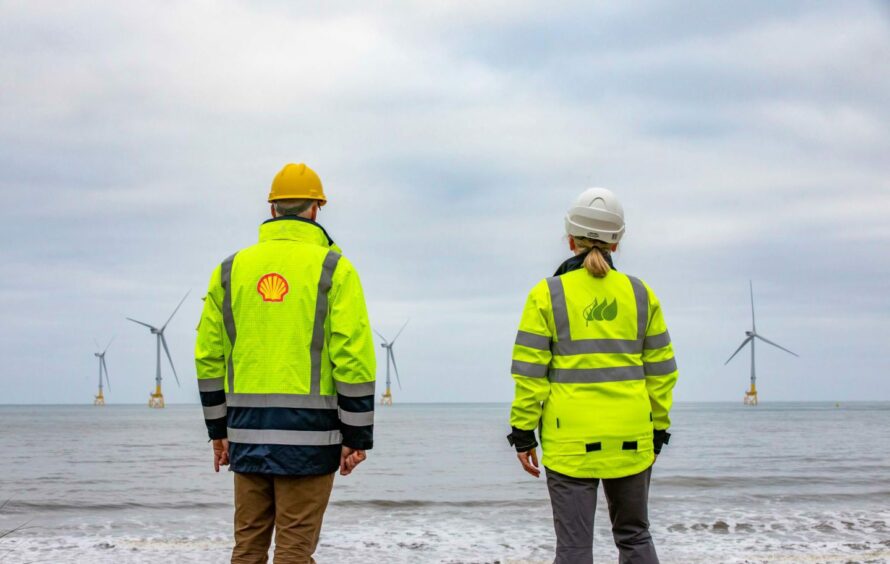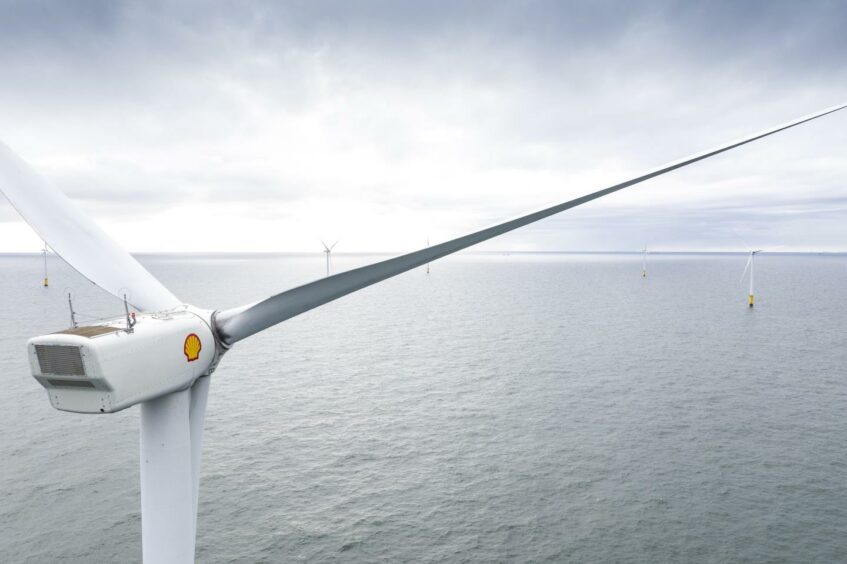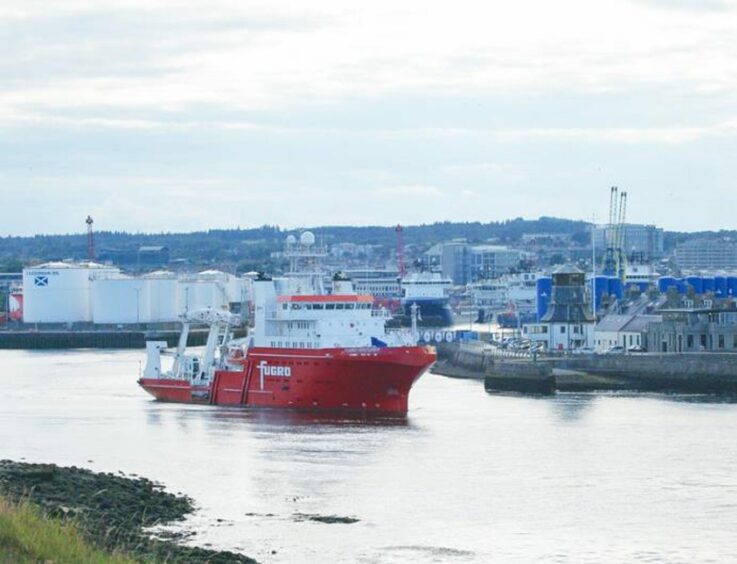
Shell (LON: SHEL) is harnessing talent from its offshore oil and gas division to progress two major Scottish floating wind farms.
The supermajor’s UK business manager for offshore wind, Melissa Read says they are “transitioning across” a lot of upstream skill to propel the Marram and Campion projects.
Both floating wind schemes were secured alongside partner ScottishPower Renewables, a subsidiary of Iberdrola, in the ScotWind leasing round.
With a combined installed capacity of 5 gigawatts (GW), Marram and Campion will be located off the north-east coast and consist of scores of turbines.
Ms Read says Shell is currently “going great guns” on the two projects, which together could supply green energy to around six million homes.
She added: “Marram is the least constrained of the projects; Campion is within an area of ornithological restriction so we’re working with other developers on additional bird surveys.
“For Marram, we’ve kicked off all the studies and completed geotechnical analysis through Fugro that will inform our environmental impact assessment.
“The team has really staffed up. From the Shell side, we’re transitioning across a lot of our upstream expertise and there’s a real appetite for it.
“We’ve got this Aberdeen hub project which is looking purely at how we transition the city to be a low carbon place of excellence, and offshore wind is now a huge part of that.
“Out of the eight senior managers we’ve put in, seven have moved across from oil and gas, bringing with them our excellence in offshore project management, health and safety, and supply chain.”
Skills
Earlier this year Shell and Scottish Power revealed they are exploring a new plan to develop floating offshore wind skills in Aberdeen.
Dubbed the ‘floating wild skills accelerator’, the initiative is designed to create pathways from early education all the way through to industry.
It will link in with the National Energy Skills Accelerator (NESA), part of the Energy Transition Zone based in the Granite City.
There is a large degree of crossover between floating wind and oil and gas, and it hoped the former will also provide alternative employment for workers as the latter tails off.
Mr Read said: “We’ve got people who have worked on floating offshore platforms that will bring expertise in that area. That will balance off nicely with ScottishPower Renewables, which is bringing more of the green energy side. Those sort of blended teams are really going to work in the energy transition.”
Local content
Shell previously committed to using over 40% local content to deliver Marram and Campion, and set out an ambition in its supply chain statement to spend more than £10 billion in Scotland.
Ms Read says that is still the company’s goal and they are working “very closely” with domestic firms to establish where that cash will be allocated.
She added: “Those surveys we commissioned this summer were Aberdeen headquartered, so that spend is already starting to materialise – it will be the developments costs, the construction vessels, the capital costs.
“We’re still in the process of defining our concept so we haven’t tied down any supply chain yet, but the ambition is still to work towards 40%.”
She added: “We can’t do this alone. It needs to be developers, ports, supply chain, government all pulling in the same direction to deliver these projects.”




